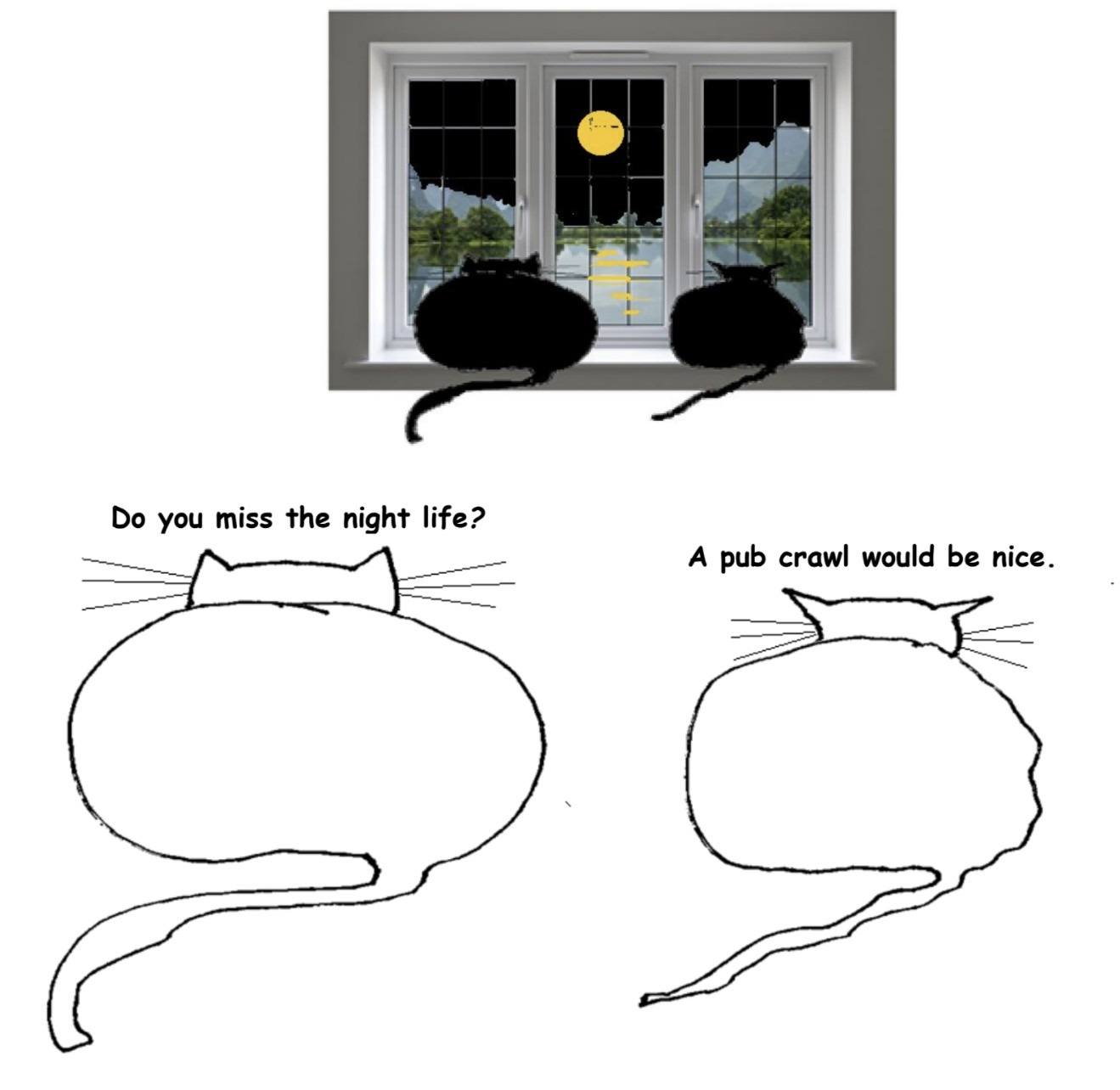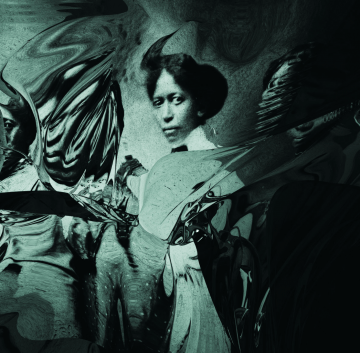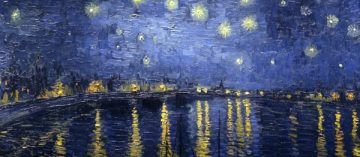by Michael Liss

It is March of 1944, and Franklin Delano Roosevelt is dying. His physicians, Lieutenant Commander Howard Bruen and Vice-Admiral Ross McIntire, know it, as do a handful of others McIntire brought in. FDR probably knows it as well, no matter how much his doctors may have sugar-coated their findings. He has cardiac insufficiency, arteriosclerosis, congestive heart failure, an enlarged and failing left ventricle, and mitral valve issues. Modern medicine would likely have offered more productive years of life, but, in the era before sophisticated heart surgery, before the development of a heart-lung machine, and with a very limited formulary of drugs, it is just a matter of time, maybe a year at most.
His decline was obvious. You could see it on his face, in the amount of time he needed to recover from exertion, in the loss of weight. He had undertaken a long sea trip on the USS Baltimore to visit American forces in the Pacific, but spent much of it in his stateroom, resting. An ordinary man of that time would have scaled back, gradually becoming a convalescent. But FDR was no ordinary man, and 1944 no ordinary time. Obviously, the Democratic Party would re-nominate him for an unprecedented fourth term, if he wanted it, but there was deep concern in the family that he would never survive. Eleanor Roosevelt was later quoted as saying, “If Franklin loses, I’ll be personally glad, but worried for the world.” Read more »








 During the 1990s, the impossibility of a black president was so ingrained in American culture that some people, including many African Americans, jokingly referred to President Bill Clinton as the first “black president.” The threshold Clinton had passed to achieve this honorary moniker? He seemed comfortable around black people. That’s all it took.
During the 1990s, the impossibility of a black president was so ingrained in American culture that some people, including many African Americans, jokingly referred to President Bill Clinton as the first “black president.” The threshold Clinton had passed to achieve this honorary moniker? He seemed comfortable around black people. That’s all it took.

 I serve as the family cook as well as the family DJ, so no dinner party preparation is complete without a small stack of CDs waiting for guests to arrive. When the doorbell rings and my wife Alma walks to the front door to greet our earliest guests, I idle the burners on the stove and hurry to the living room stereo, where I press Play for the first CD. A song should already be in progress before the exchange of Hellos, because music, like furniture, is a form of home decoration, filling and defining silence the way a couch or chair fills and defines space. The music must be dialed low, just enough for a home to express quiet domestic welcome. I like to think that I’m long past my ancient feckless undergraduate days of booming a song through an open window.
I serve as the family cook as well as the family DJ, so no dinner party preparation is complete without a small stack of CDs waiting for guests to arrive. When the doorbell rings and my wife Alma walks to the front door to greet our earliest guests, I idle the burners on the stove and hurry to the living room stereo, where I press Play for the first CD. A song should already be in progress before the exchange of Hellos, because music, like furniture, is a form of home decoration, filling and defining silence the way a couch or chair fills and defines space. The music must be dialed low, just enough for a home to express quiet domestic welcome. I like to think that I’m long past my ancient feckless undergraduate days of booming a song through an open window.
 Perhaps imprudently, your humble blogger continues to toil in the philosophy mines for blogging material, even in this stressful time. And there will be such postage eventually, of that you can be sure! However, prudence enough remains to prevent him from posting half-baked nonsense; so in the interim, let us return once again to the podcast, and enjoy some fine music while we wait.
Perhaps imprudently, your humble blogger continues to toil in the philosophy mines for blogging material, even in this stressful time. And there will be such postage eventually, of that you can be sure! However, prudence enough remains to prevent him from posting half-baked nonsense; so in the interim, let us return once again to the podcast, and enjoy some fine music while we wait.
 We have argued in
We have argued in 


 Sughra Raza. Island Pond Algae, Upstate NY. July 26, 2020.
Sughra Raza. Island Pond Algae, Upstate NY. July 26, 2020.